Your Birthdays Matter More After Age 50
Just One Meeting With Gentz Retirement Planning Can Unlock Critical Financial Opportunities
Retirement is a journey filled with crucial milestones. Knowing the important birthdays in your life can unlock significant financial opportunities and help you avoid costly mistakes. From making "catch-up" contributions at age 50, to understanding Medicare at 65, these milestones are essential to maximizing your retirement benefits.
Without a well-informed plan, you risk flying blind through these crucial years. Let us guide you through the key birthdays that can shape your financial future.
Schedule a meeting with Gentz Financial Services and we'll help guide you through the key milestones of retirement:
- Discover the financial significance of turning 50, 59½, 62, 65, and beyond.
- Learn how to make the most of "catch-up" contributions to your retirement accounts.
- Understand the impact of Medicare and Social Security milestones.
- Avoid penalties by knowing when and how to withdraw from your accounts.
- Gain insights into optimizing your retirement strategy at each key age.
To learn more about the impact your upcoming birthdays can have on your overall retirement, click on the button to schedule your complimentary financial review!
Age 50
The Big 5-0!
Workers in certain qualified retirement plans are able to begin making annual catch-up contributions in addition to their normal contributions.


Age 55
What a Time To Be Alive!
If you separate from service in or after the year you turn age 55 and have a qualified plan at the job you left you may be able to take distributions from the Retirement Plan penalty free. Be warned the strategy does not work if you move money to an IRA.
59½
Time To Start
Workers are able to start making withdrawals from qualified retirement plans without incurring a 10% federal income-tax penalty.


62
Social Security retirement benefits
Workers are first able to draw Social Security retirement benefits. However, if a person continues to work, those benefits will be reduced. The Social Security Administration will deduct $1 in benefits for each $2 an individual earns above an annual limit.
65
Qualify for Medicare
Individuals can qualify for Medicare. The Social Security Administration recommends applying three months before reaching age 65.


65 to 67
Eligible for 100%!
Individuals become eligible to receive 100% of their Social Security benefit. The age varies, depending on birth year.
70
Maximum Social Security Benefit
When you turn 70, you become eligible to receive your maximum Social Security benefit. Your benefits won't increase for any years after age 70, so make sure to claim by this age!


73
Required Minimum Distributions
Participants must begin taking required minimum distributions (RMDs) from traditional IRAs and qualified retirement plans, such as 401(k), 403(b), and 457 plans. RMDs are based on your account balance and life expectancy.
Important Dates In 2025
January 1st: First day to contribute to a traditional and Roth IRAs and Simplified Employee Pension Plans (SEP) for the new year.
January 1st: Medicare Advantage Open Enrollment Period and Medicare General Enrollment Period begins.
January 15th: The current year's marketplace health insurance open enrollment ends.
January 15th: Due date for quarterly estimated taxes for the fourth quarter of the previous year.
March 31st: End of Medicare Part A and Part B General Enrollment Period.
March 31st: Last day to submit claims for eligible medical expenses from the previous year for many flexible spending account (FSA) plans with a use-it-or-lose-it rollover rule.
April 1st: Last day to take first IRA required minimum distribution (RMD) from traditional retirement accounts without penalty.
April 15th: The last day to contribute to a traditional or Roth IRA for the previous year.
April 15th: The last day to contribute to an HSA for the previous year.
April 15th: The last day to file taxes apply for an extension for the previous year.
June 16th: Last day of two-month filing extension deadline for federal taxes for Americans living abroad.
June 16th: Estimated taxes for Q2 due.
June 30th: Last day to submit a FAFSA application.
September 15th: Estimated taxes for Q3 are due.
September 30th: Last day to determine beneficiaries after an IRA owner's death that happened in the previous year.
October 1st: Extended trust and estate income tax returns due.
October 15th: Annual Enrollment Period to change plans starts.
October 15th: End of six-month filing extension period for federal taxes.
October 15th: Extended deadline to contribute to an SEP IRA for the self-employed and self-business owners.
November 3rd: The next year's marketplace health insurance open enrollment begins.
December 31st: Last day to take RMDs from an IRA, 401(k), and inherited IRAs.
December 31st: Last day to set up most types of retirement accounts so contributions count for the current year.
December 31st: Last day for 401(k) contributions, itemized deductions, stocks, and gifts to count for the current tax year.

Important Birthdays Over 50
Turning 50 is a major milestone, especially when it comes to your retirement planning.

But are you aware of the new opportunities and risks that come with it? Our complimentary guide is here to help you navigate these crucial years with confidence.
Download "Important Birthdays Over 50" and discover all the key birthdays in retirement and what they could mean for your finances. From "catch-up" contributions at 50 to the significance of Medicare at 65, this guide covers everything you need to know to make informed decisions. Gain valuable insights that will empower you to secure your financial future and enjoy your retirement to the fullest.
Don't wait—arm yourself with the knowledge you need by downloading your copy today!







